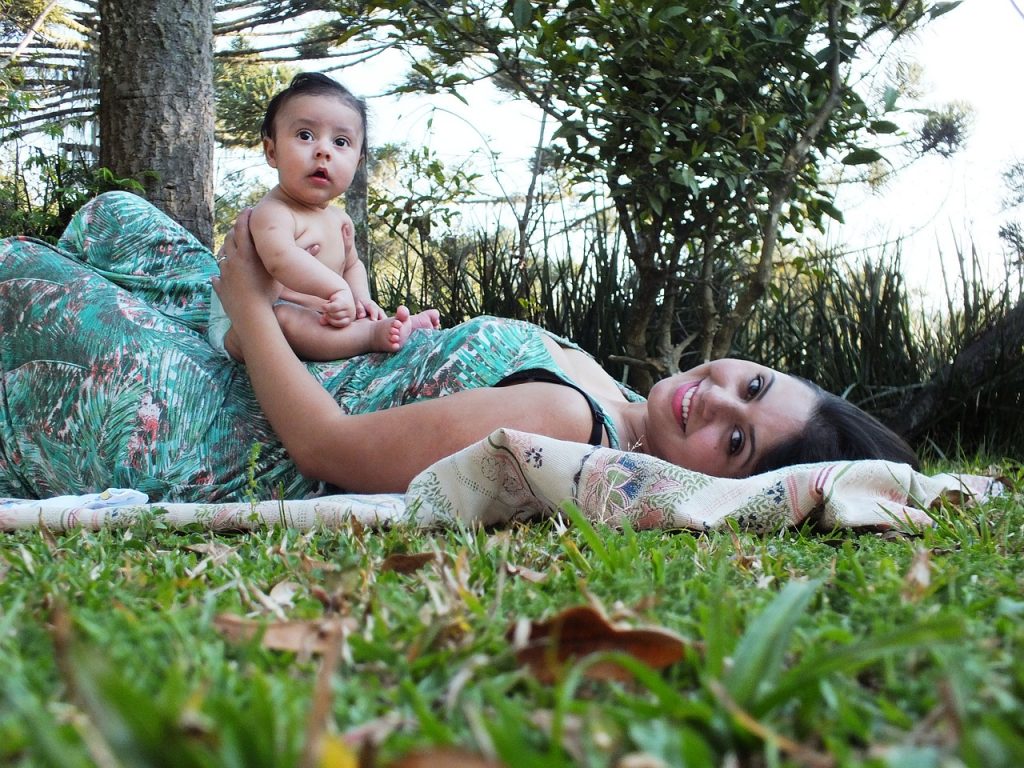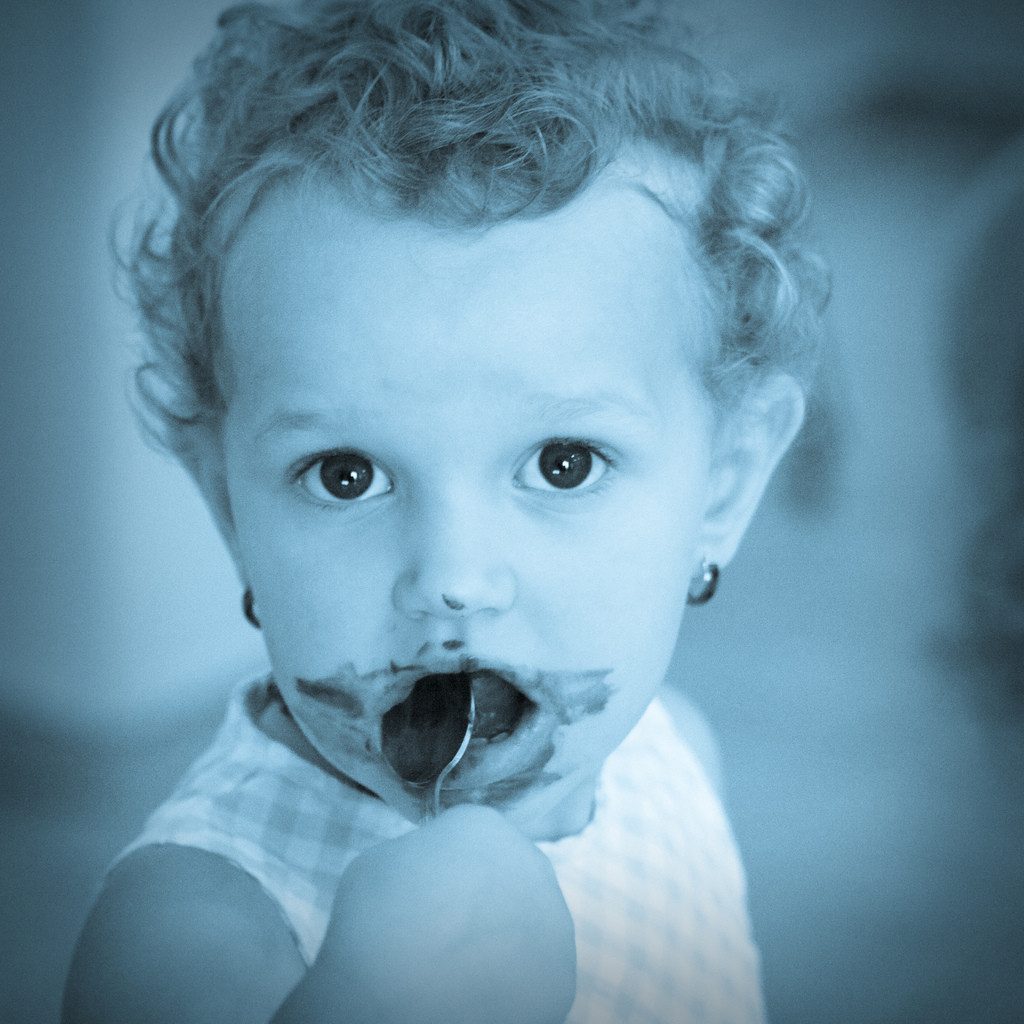Bringing Up Bébé
The book is Bringing Up Bébé: One American Mother Discovers the Wisdom of French Parenting by Pamela Druckerman.
This was a really good read. Though I wouldn’t recommend every suggestion she makes (as with any “parenting” book you still have to use common sense and what feels right for your family), it is a lesson in relaxing and consistency. I find that many of her French insights are things that second-time parents get. It is much about not catering to a child’s every perceived need the second they make a demand. Once that second child comes teaching patience is an imperative. Apparently, the French have this figured out and make teaching it a priority from the beginning.

For instance, the new mom and dad will jump to every whimper a sleeping baby makes. A second or third-time parent has figured out to wait a moment to see if the child is really awake. ( I would even go so far as to say throw that video baby monitor out. A sound only model is cheaper and you will know when the child is truly awake and needs you, not just rustling the sheets.) In fact, that moment makes up a very large part of the French way of minding to children and babies. Druckerman calls this moment “The Pause.” And, it is great advice. Wait a moment to see if the child is really awake. Wait a moment to see if your toddler can open the toothpaste tube on their own. Just, give the kids a moment to figure things out.
While she claims the French are not cry-it-out style parents to get their 2-6-month-old babies to “do their nights” the wording seemed cagey enough that I would not be surprised if this were actually the case. Part of this, however, may truly be in part to the French way of life. They eat meals and do not snack and start their babies on this schedule. Since the majority of French moms do not breastfeed and breast milk is metabolized at a faster rate than formula then this schedule could certainly work in a very young baby. In combination with a solid tummy and “the Pause” I can see how their kids may get on this sleep schedule faster than our little “needy” American babies.

She also explains why French children have better eating habits and it is largely chalked up to the fact that it is because they feed their children the same foods they feed themselves. If a food is not accepted the first time it is reintroduced and/or cooked in a different way. The food is not simply abandoned and the children are not fixed separate meals. Can we get a collective, “Duh!” I know easier said than done, but sadly it really is that easy. Though, granted I’m sure it doesn’t seem that easy at the time, but like so much of parenting it’s a process.
French children are also paragons of manners and independence. These simply boil down to expectations. French parents expect that their children are not completely incompetent and can actively participate in the family. They are not to be catered to and waited upon. The author cites one moment when she was deathly ill and her five-year-old came out made breakfast for everyone and only asked for help with the coffee. Previously, Druckerman had not given the thought that the little one could do all this. Sometimes, children surprise us (I was just surprised that my two-year-old accurately described a towel with the words “polka-dots” – I know, not rocket science, but a little surprise for a description that I don’t ever remember saying to him), but invariably they are capable of more than we give them credit for. Putting it into perspective, 150 years ago five year-olds worked in factories, they should be allowed to try pouring a bowl of cereal.

Manners and good behavior are a result of expectations and consistency. The French believe manners extend beyond “Please and “Thank You.” In this, she also made a fair assessment. While I hear Americans prodding their children to say please and thank you I rarely hear them enforcing good manners in other situations such acknowledging people and treating them respectfully. When you go to someone’s house and you do not make your children say, “hello” or “goodbye” they will not do it. However, once the habit is formed they will do it without cowering behind you. Again, simply a matter of letting children know what is expected.
Druckerman made generalizations, she freely admits this. Many of them applicable, some not so much to American life. When you look at the societal values there are things that are uniquely American such and our spirit of self-reliance and the idea that anyone can be anything. These are not necessarily French ideals, so if you try to raise a little French person they may lack that drive that Americans are famous for (we have the most self-made millionaires and billionaires in the world -there’s probably a reason for that). She also acknowledges this is a perspective of a slice of life, she is mainly comparing upper-middle class New Yorkers and upper-middle class Parisians. As someone who has been to both cities and lives in neither its fair to say this is not directed for adoption by the world at-large. She notes that breastfeeding is more popular in France outside of Paris and that the Parisian women largely stop so early, not because they don’t have the literature espousing it’s numerous virtues and superiority to formula, but simply because everybody does it and it is still associated with peasant life in France.
This is not a one-size fits all mode of parenting. Most parents (especially you Helicopter-Tiger-Overscheduled-Overtired-Super-Competitive-Put-that-Kid-in-a-Bubble-American-Mom) could benefit from the basic ideas of “the Pause,” being consistent, expecting more from our little people, knowing that your adult life is as important as your child’s, and you should make yourself and your marriage a priority.









